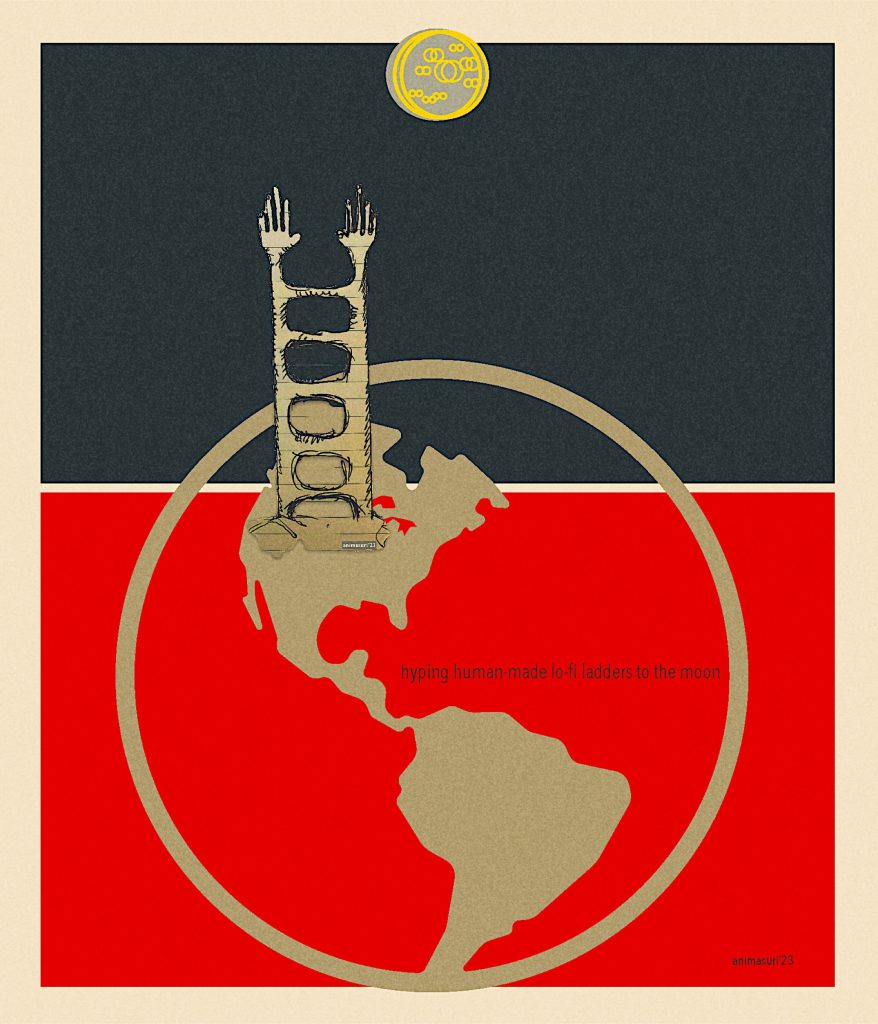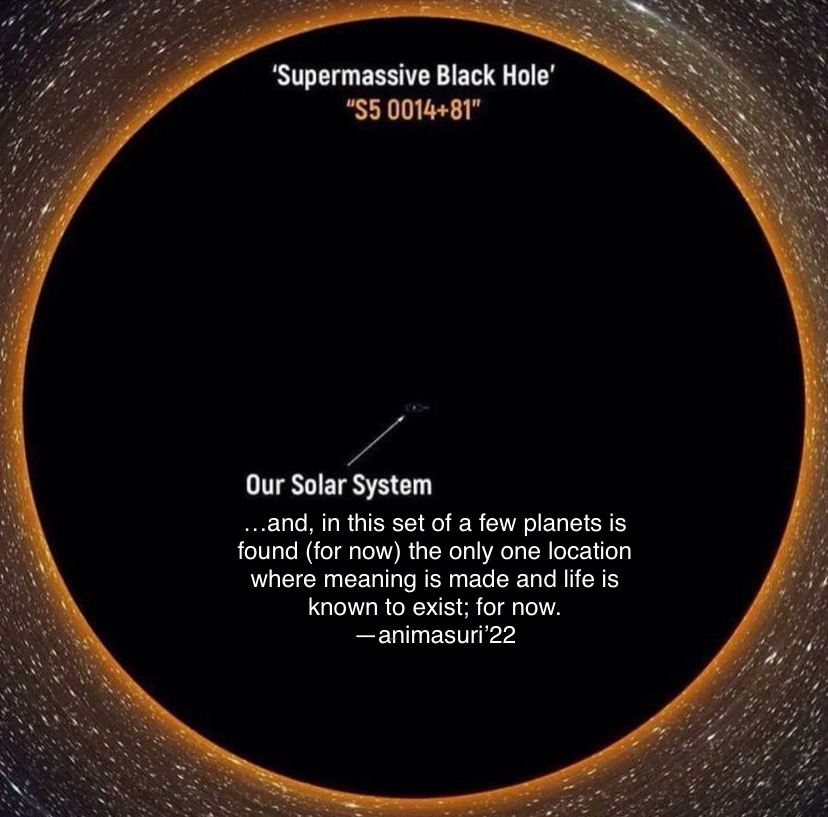“Full Many a Flower Is Born to Blush Unseen” (Gray 1751)
“Maybe it’s the language that is off-putting. Gray created a heightened diction based in part on classical poetry. Today, formality and artifice strike many as insincere, as though something that’s not colloquial is necessarily suspect. We’re still suffering under an ersatz Romanticism that gives value to the spontaneous and devalues the polished and restrained.“ (La Belle 1994)
I wonder, in the spirit of obsessive innovation, is taking note of dusting off and revisiting acts classified as ‘romantic,’ and yet as easily classifiable as pragmatic contextualization of the incessant “new?” Is it ripping off a style, is it an ode to generating the past generations, is it lacking ingenuity, is it contextualising innovation? Is it, it is all and then some.
Some recent technologies have added a new word into the mix: ‘generative‘ which does sound different from ‘to generate.’ Being ‘generative,‘ to generate, is a form of “creation,” to create, across the generations of human produce. Is a machine that is generative in some (perverting) sense a hyper-romantic dusting of styles of bygone eras, where era might be a time period in a style of yesterday’s meme? Across the polemics of whatever is generated, created or imagined, many a produce are increasingly designated to be democratized on the graveyards of human creation as “Full Many a Flower,” “Born to Blush Unseen.” (Gray 1751)
That brings this writing to further mimicratic note-taking and referencing [*1]: As rays shining brightness on our market-made cultures, there is Samuel W. Franklin with the “Cult of Creativity”(2023). His writing might be unthreading the web of “imagination,” “interpretation” versus “creation,” “production,” (tooled, mechanical, digital or other), and “generation” from an age not too far into the recent past. Creativity –if one could be accepting of a simplified interpretation of the above author’s recent publication– is then possibly a democratization of the output-sell-buy-move-on lineage.
Do I know you or do I know your produce?
There is no “or” through the communal lenses. This might be a subtext symbolized through the passionate, yet society-defining tensions between New York’s Jane Jacobs and Robert Moses.
Both could be equalized as peddling lanes for produce, and yet only one upheld community, relation, and reference to that individual human in the smallness, yet persistence of being, among the vastly architectured physical or digital cityscaping.
“When city planning supremo Robert Moses proposed a road through Greenwich Village in 1955, he met opposition from one particularly feisty local resident: Jane Jacobs. It was the start of a decades-long struggle for swaths of New York.” (Palleta 2016)
The acts of cutting through human creativity-over-time (and that with roads or other and possibly less tangible means) tends to meet with some resistance. Though, is this a romantically fading notion, erased by the statistical structuring and channeling of our produce and fruits of our laboring? In the pragmatics of communal resistance we can take (agency over) produce to proverbial multi-vectored meta-levels.
In that humanly —and at times dehumanizingly— yet created, anthropomorphic environment, have you lately taken a whole day, from before the sun rose until it set, to “unproductively” observe, take note of, one petal —there placed “Between the Commonplace and the Sublime”? (Franklin 2023)
Or, are you predestined to peddle stock in styles appropriated from hushed bygone times to be forgotten the moment you set foot on the (digital) subway, swaying you back to your nightly stead?
Please note, as I too am a peddler, and yet as you can assign time to read this: no counter argument could be that some must, unwaveringly, innovate their produce for a sustainable living. After all, as you observe –as or not as judgement of– lack of beauty “observation can tell more about the observer than about the environment being observed.” (Goldsmith & Lynne 2010)
There is that place between the Franklinses, the Grayses, the Jacobses, the Moseses or the digital versions of Le Corbusierses of our times.
There is non-romanticist beauty in unnoticed smallnesses, you see. In those moments there are no big names, no genius. There is you.
There is the vulnerable yet persistent petal. There is your human-made environment. There are producing generations of cohabitation. And that especially in the solitudes of creative observations.
Epilogue
I was touched by these words by Dr. Tim Williams as a reply to the above writing.
I wish to cherish them here:
“When I read the article, I sensed the tensions of what elements should be included in genuine generative, creative production. And thus, this led to subtle definitions to differentiate between concepts. As such, I felt that each was bringing to light an important nuance; each having its own emphasis on something important. Romanticism with its revolt against the rigid rationalism, reminding us that there are other features beyond what is in the nous; there is the entire phenomena to be considered. But then it too frequently morphs into the abstract and then without purpose (art for art’s sake). And then there is the industrialization of production with its utilitarian focus, almost to the point of killing creativity. And so, I thought a holistic approach looks upon all of these facets — the teleological, the epistemological, and aesthetic perspectives. The entirety of man in all that man is — a being that creates from who he is, limited but profound as that might be.”
Williams, T. (2023, May). “Holistic approach to being really generative.” Online: LinkedIn. Last retrieved 21st May, 2023 from a Dr. Williams comment on a LinkedIn post of the above writing. Thank you, sir.
Attributions, References & Footnote
Header photo: Christopher Michel, CC BY 2.0 https://creativecommons.org/licenses/by/2.0, via Wikimedia Commons. Retrieved from https://commons.wikimedia.org/wiki/File:Generations_%284120355763%29.jpg
[*1] “mimicratic” as from Rampage376·11/22/2020 “mimicratic reflexes (copies moves, techniques and fighting styles like he trained for years)” https://powerlisting.fandom.com/f/p/4400000000000249793 IN: JokuSSJ. (2020, 21 November). If you lived in an Anime World, what would be your life and powers? Online: Superpower wiki.
Franklin, S.W. (2023). “Cult of Creativity.” London: The University of Chicago Press.
Goldsmith, S. A., & Elizabeth, L. (Eds.). (2010). What We See: Advancing the Observations of Jane Jacobs. NYU Press. https://doi.org/10.2307/j.ctt21pxmnw
Gratz, R. B. (2010). The Battle for Gotham: New York in the Shadow of Robert Moses and Jane Jacobs
Gray, Thomas. (1751). Elegy Written in a Country Churchyard. Last retrieved May 18, 2023 from https://poetryarchive.org/poem/elegy-written-country-church-yard/
Jacobs, J. (1961). The Death and Life of Great American Cities. Vintage Books.
La Belle, J. (1994). Full Many a Flower Is Born to Blush Unseen’ : The echoes of a classic poem about the democracy of death still resonate in our language and literature. Online: The LA Times. Last retrieved on May 15, 2023 from https://www.latimes.com/archives/la-xpm-1994-02-16-me-23414-story.html
Palleta, A. (2016, 28 April). The story of cities Cities Story of cities #32: Jane Jacobs v Robert Moses, battle of New York’s urban titans. The Guardian. https://www.theguardian.com/cities/2016/apr/28/story-cities-32-new-york-jane-jacobs-robert-moses







